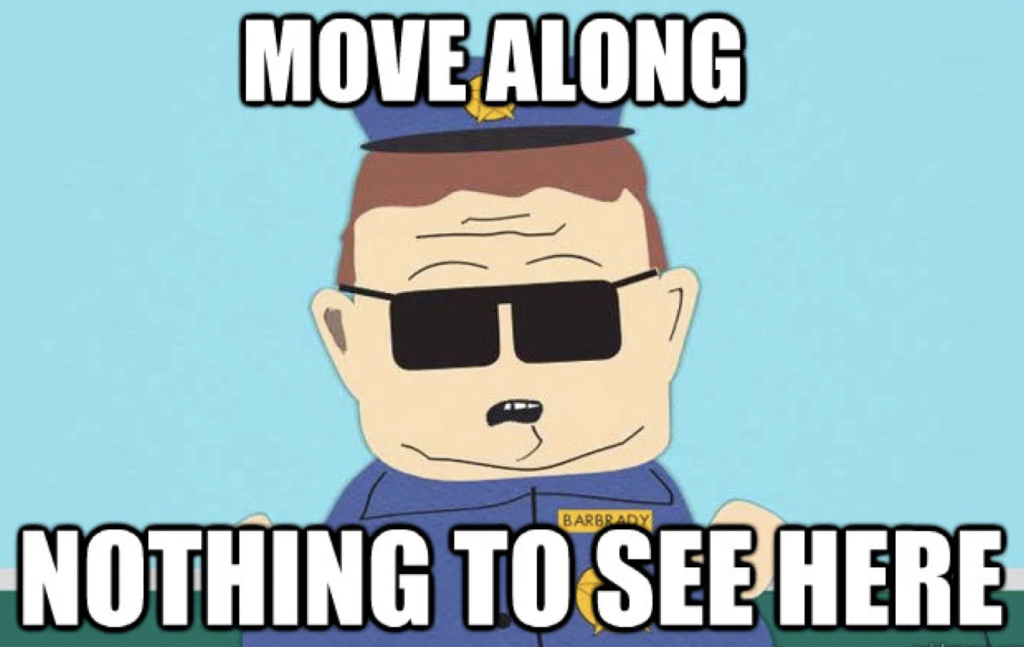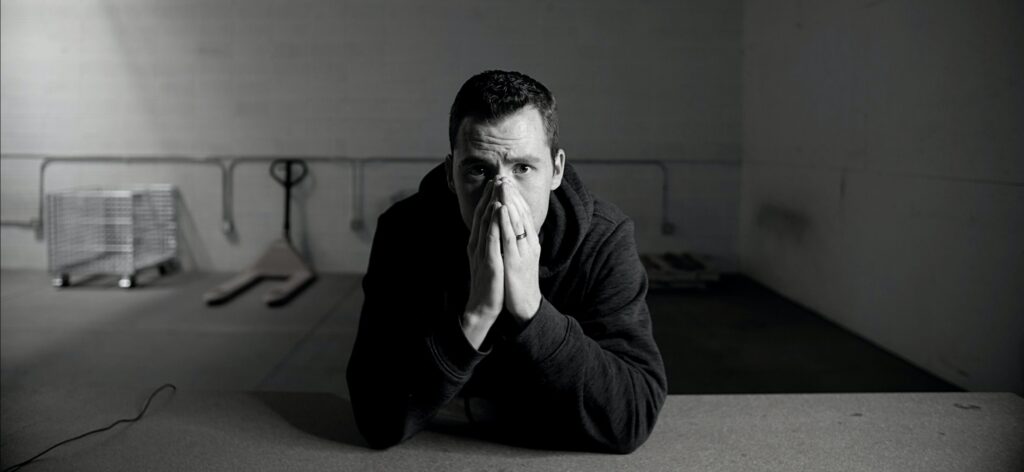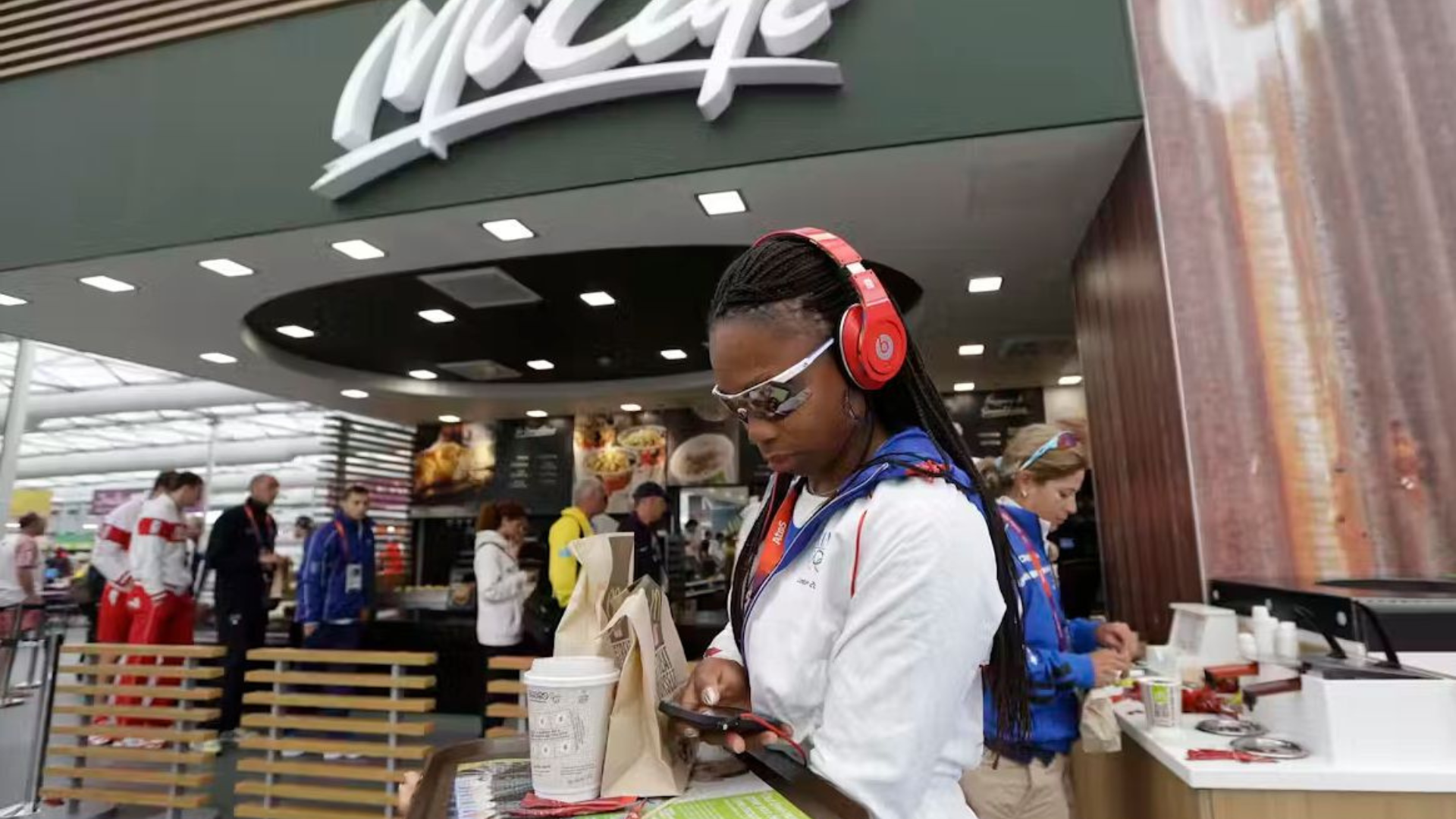
What’s happening?
Somebody DO something!
Look what just happened.
I can’t wait for [fill in the blank] to happen!
We are so dialed into the happenings in our lives. There’s no such thing as FONMO (fear of not missing out), nor do we spend much time dwelling on the catastrophes that don’t happen, the things that miss us (narrowly or otherwise) or, for example, when the hard conversation we were dreading gets resolved on its own.
Instead, we tune into the news to learn about not only what is happening, but what might happen. Weather forecasters, political pundits, financial advisors – these folks make their livings predicting (and so often, inaccurately), what will happen.
All this seeking is a product of our exquisitely attuned threat-assessing brain, endlessly trying to keep us informed and presumably safe. A noble task, yes?
Except when it’s not.
Sometimes our laser focus on what is and might happen gets us into unnecessary trouble.
Consider these scenarios:
The executive, Ann, who has just granted a valued team member, Sam, some time off for stress leave. This was on the back of some confronting conversations and situations involving that team member. When asked about how she wanted to handle Sam’s return, Ann said [with some agitation], I just don’t want any more drama. I can’t handle it.
The athlete, David, facing a selection camp for Worlds, who worriedly says, What if I don’t make it? My parents will be so disappointed.
The project manager, Rob, sensing some discontent from his team about too-tight timelines for a project that is due six months from now, who says, I’m pissed at these guys – their doubts and inaction are going to screw the project and trash my reputation!

Photo by Matthew Osborn on Unsplash
What do these situations have in common? At the present moment, in each of these scenarios, nothing is happening. And yet, consider the emotional fall-out from each of these scenarios. Each one of these people is experiencing some combination of anger, fear, and worry. About something that Is. Not. Happening. But note how we act and react as if it is.
Our “happening” bias at work.
This sets us up to receive some wisdom I recently learned from licensed clinical psychologist and former Harvard Medical School instructor, Janine Fisher.
If it’s not happening right now,
it’s not happening.
Two thunderous learnings from this – at least that I see, and feel free to add your own!
1. We act as if the future is now, and throw ourselves squarely into the fray – in all its painful imagined glory. Self-inflicted wounding at its finest.
You can tell that Ann is already “sold” (translation, emotionally hijacked) by a specific difficult outcome… and feeling dread. Despite the fact that her employee Sam still has four weeks of stress leave to go. David, the athlete, is already wincing from his parents’ imagined disappointment, and if you were to believe project manager Rob, he’s already angry and scared that he might even lose his job.
2. But wait! Relief is at hand. Try this for yourself:
Think of something that could happen in the future. This could be something unpleasant, like a training session you are dreading, a big competition you are worried about, or a difficult conversation you are not looking forward to.
Allow yourself to “get into it.” Feel into that worst-case scenario outcome and notice how your body and mind are reacting to that imagined situation.
Now, repeat these words to yourself: Nothing is happening right now. If it’s not happening right now, it’s not happening.
Seriously. Do it.
See how the truth of these words lands in the midst of your imagined strife. It can be helpful to take a breath, look around you, and feel your body in space to fully realize the truth of this statement. Nothing is happening. And with that present moment “nothingness,” see if your emotional reactivity diminishes.
Now, of course, the future might well be fraught – as fraught as your worst-case scenario brain conjured up. And yep, there could well be some pain associated with that future. But here’s the thing. Or three things, really.
First, the future hasn’t been written. So we don’t know anything right now. And none of us are fortune tellers, so don’t be telling me you know how this will go. Maybe…maybe not.
Second, there are many outcomes other than the worst-case ones. So not only can we hopefully feel better in the present, there’s at least a chance that we will feel better than we anticipate in the future.
Third, if the worst case happens, you’ll figure something out. You know you will. Worst case situation happens…you’ll cope for better or worse, and move on.




